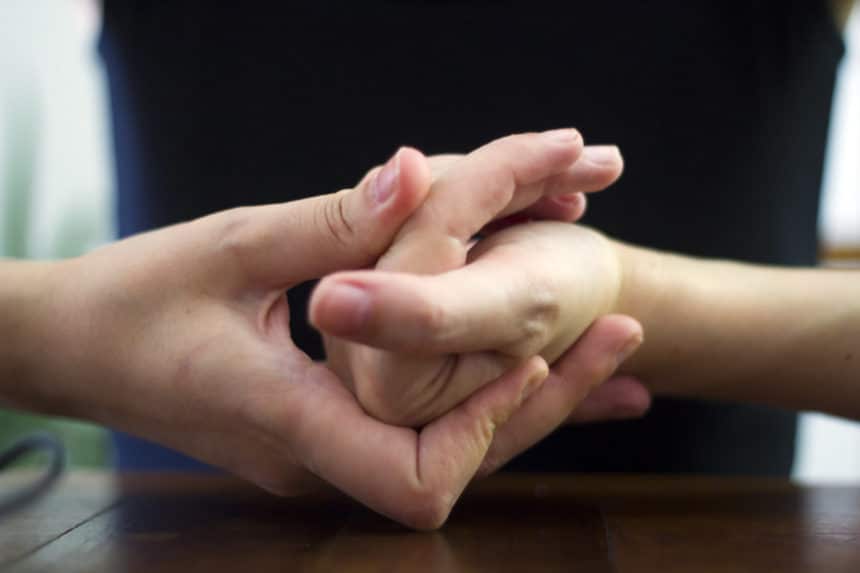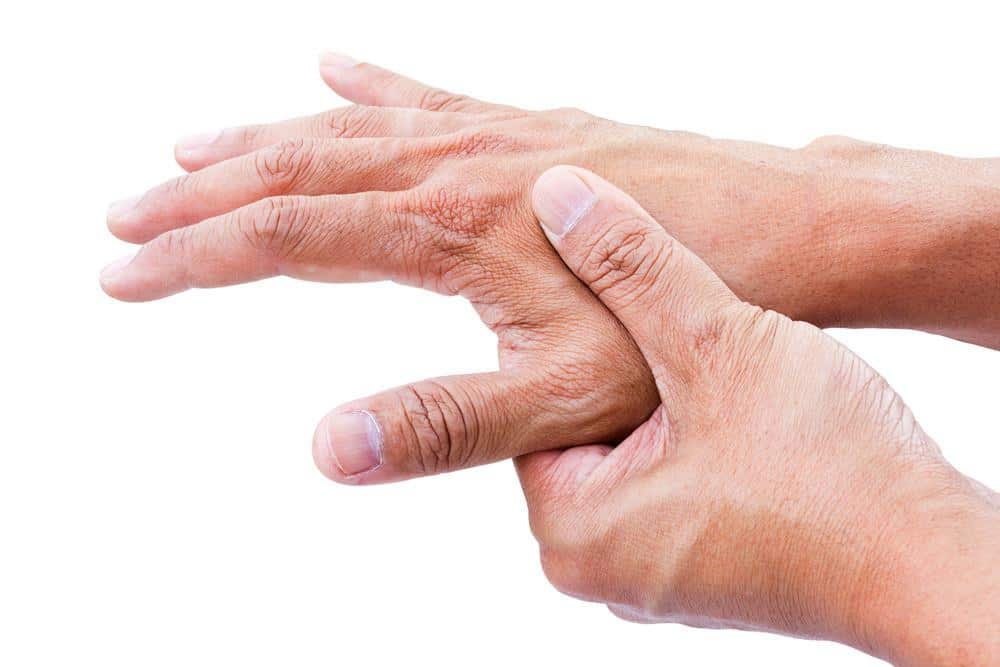Nothing is more jarring and satisfying than the sound of a joint cracking, folks. Of course, this also is the dreaded sound of old age. If you’re like me, this is part of my body’s chorus in the morning sometimes!
Back in the 1970s, researchers came forward and said the cracking noise from your joints comes from bubbles in your joint fluid popping. That’s sounds pretty scary, and it led to generations of us thinking that if we kept popping those bubbles, we’d have joint problems later in life. However, as it turns out, new research has emerged suggesting this might not be happening when your joints crack.
As reported by Time Magazine, a study published in the PLOS One journal disputes the long-held bubble pop theory (https://time.com/3529225/cracking-knuckles-arthritis/). The researchers in this study used MRI video to observe a joint that was being cracked. According to the video, it appears the sound actually comes from bubbles forming and not popping. As the joint separates, there’s no fluid to fill up the increasing volume in the joint. This appears to create a cavity, and it’s the creation of that cavity that makes the cracking sound.
In addition, it also appears that cracking your knuckle joints does not increase the risk of you developing osteoarthritis in your hands. All of your joints, including those in the knuckle, are surrounded by the synovial membrane. This forms a capsule around your bones’ ends. Inside the membrane is synovial fluid, which acts a shock absorber and lubricant so your bones aren’t grinding together when they move.
When you have osteoarthritis, your joint damage is being damaged over time and your synovial fluid is reduced. The stiffness and pain you feel is from your bones coming into direct contact with each other as synovial fluid and cartridge diminishes.
It was believed that cracking your joints posed a risk for people with osteoarthritis or increased your risk of developing it. When you crack your knuckles continually, the synovial membrane and ligaments loosen, making joint cracking easier.
However, the research done in this area has failed to show any link between osteoarthritis in your hands and knuckle cracking. In a study published in the Journal of the American Board of Family Medicine involving more than 200 people, the incidence of osteoarthritis in any joint was the same among people who cracked their knuckles and people who didn’t (https://www.jabfm.org/content/24/2/169).
Of course, this doesn’t mean you’re good to crack joints constantly. Doing so could lead to injuries and damage to surrounding ligaments, so this is one bad habit we all need to break!




